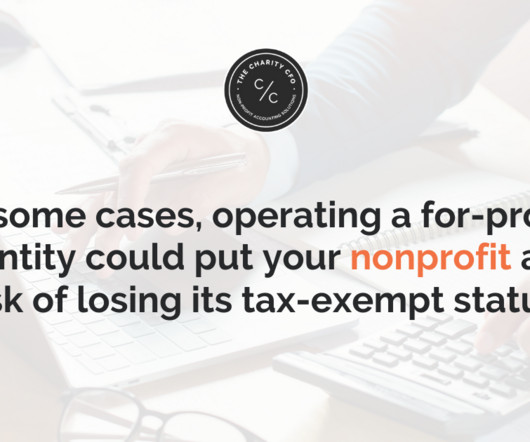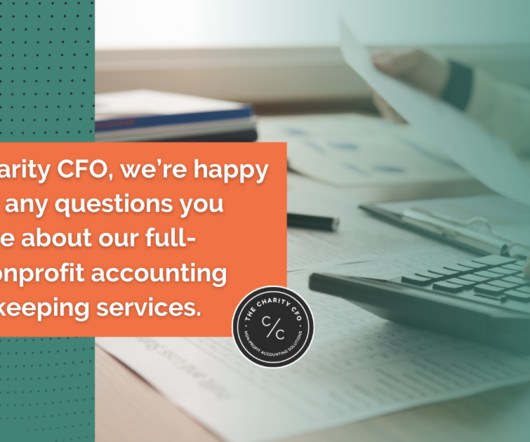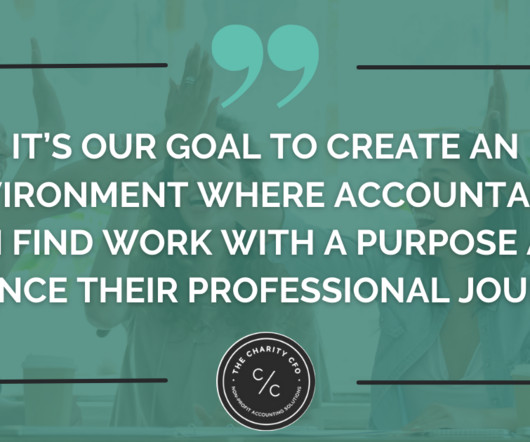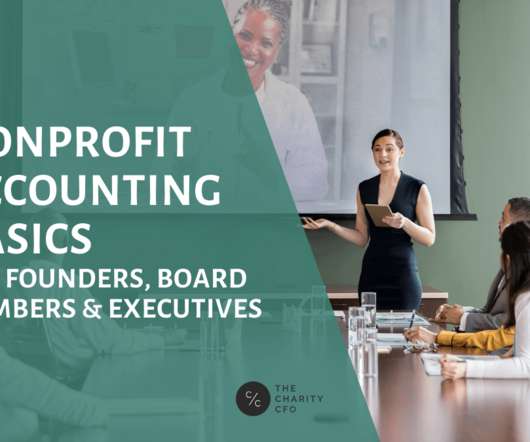Discovering The Tax Implications of Nonprofits Owning For-Profit Businesses
The Charity CFO
DECEMBER 27, 2023
Does your nonprofit have ownership of a for-profit entity? Whether your organization owns a for-profit company outright or has limited ownership, a for-profit subsidiary can have serious tax implications for your nonprofit. Nonprofits with excess holdings may face an excise tax on the value of shares over the limit.



















Let's personalize your content